The 2nd China Forum on Qualitative Research in Management (2023) successfully Organized
From July 1 to 2, 2023, the 2nd China Forum on Qualitative Research in Management (2023) hosted by the Business School, Central University of Finance and Economics was successfully held in Conference Room 202 of the Academic Hall on the Xueyuan South Road campus of our university. The forum was structured as "main conference + parallel forums." The guest speakers included Professor Su Jingqin, Dean of the Platform Governance Research Institute at Dalian University of Technology, Professor Ouyang Taohua from the School of Economics and Management at Beihang University, Professor Zeng Xianju, Head of the Social Sciences Department at Shenzhen University, Researcher Peng Changgui from the Economic Research Institute at Shandong University, Associate Professor Guo Yidi from the School of Economics and Management at Tsinghua University, Assistant Professor Li Xiaohua from the School of Economics and Management at Northwest University, and Assistant Professor Shao Kaiyu from the Business School at China University of Political Science and Law. They all participated in the forum and presented their keynote speeches. Over 80 faculty and student representatives from more than 30 universities and related institutions, such as Tsinghua University, Renmin University of China, Beijing Institute of Technology, University of Chinese Academy of Sciences, University of Electronic Science and Technology of China, University of International Business and Economics, and the Head Office of CITIC Bank, participated in the forum.
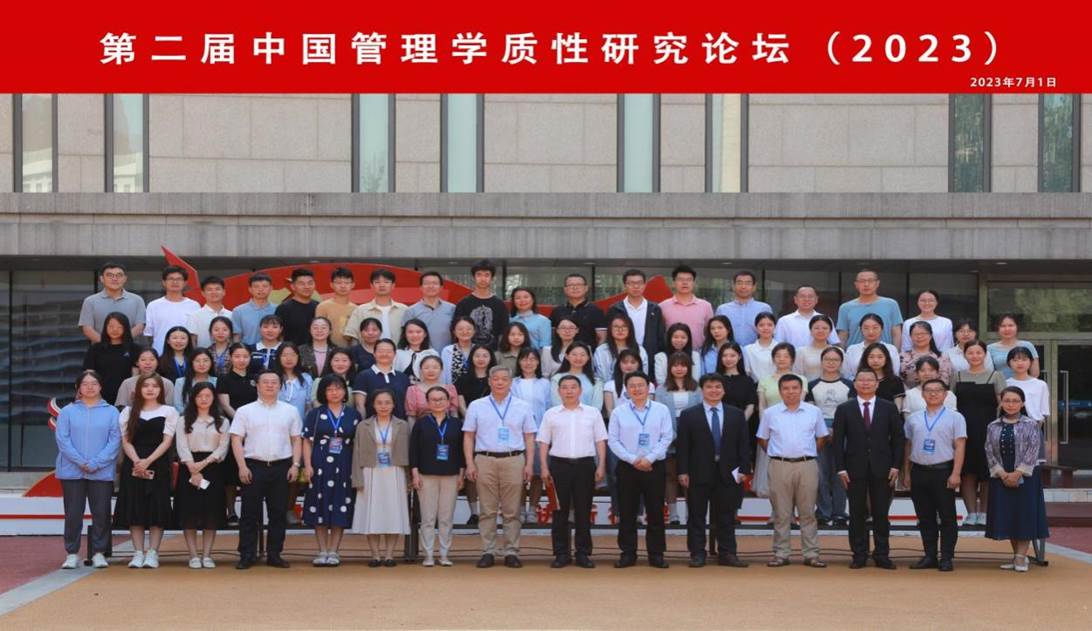
Group Photo of the Forum
The opening ceremony of the conference was chaired by Professor Liu Xiaoyuan, Deputy Dean of the Business School, Central University of Finance and Economics. Fan Weihong, a member of the Party Standing Committee and Vice President of Central University of Finance and Economics, attended the conference and delivered a speech on behalf of the university. He extended a warm welcome and heartfelt thanks to the experts and scholars present. He noted that currently, the world is experiencing unprecedented changes, and a new wave of technological revolution and industrial transformation is advancing in-depth. Chinese enterprises are facing new strategic opportunities and complex competitive environments. This offers strong momentum and extensive space for the development of management theories and academic flourishing, as well as a vast real-world context for constructing a Chinese-centric management knowledge system. He opined that Chinese management science can not only meet world standards but also should demonstrate a Chinese character. It should establish genuine academic influence, be close to social reality, serve national strategic needs, build a Chinese-centric management knowledge system, and contribute to the healthy development of Chinese enterprises and the continuous enhancement of their global competitiveness.
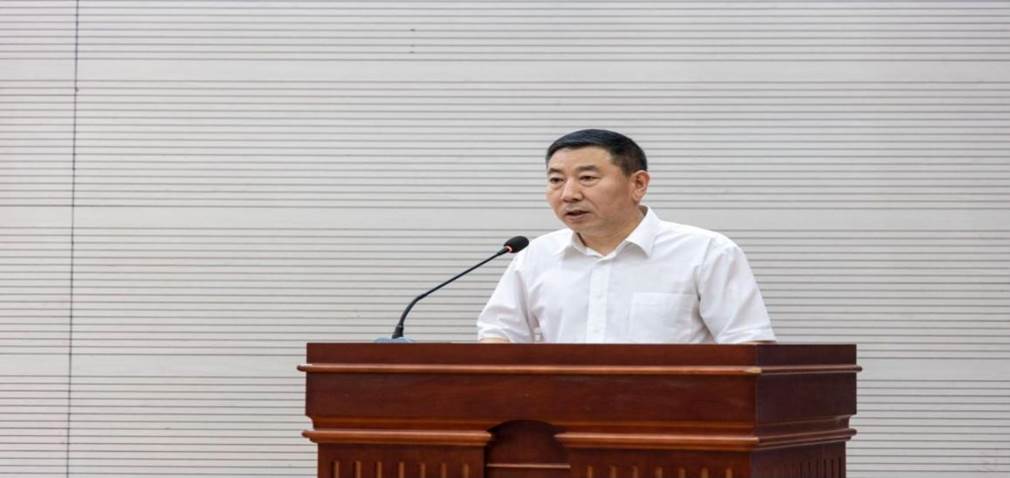
Vice President Fan Weihong Delivered a Speech
Professor Lin Song, Dean of the Business School at Central University of Finance and Economics, delivered a speech on behalf of the school. He extended a warm welcome and heartfelt thanks to the experts and scholars present. He expressed the hope that through the holding of this forum, scholars from various universities and different academic fields across the country could promote cooperation and exchange, enhance the quality and level of qualitative research in Chinese management science, and drive the management practices and innovative development of Chinese enterprises.
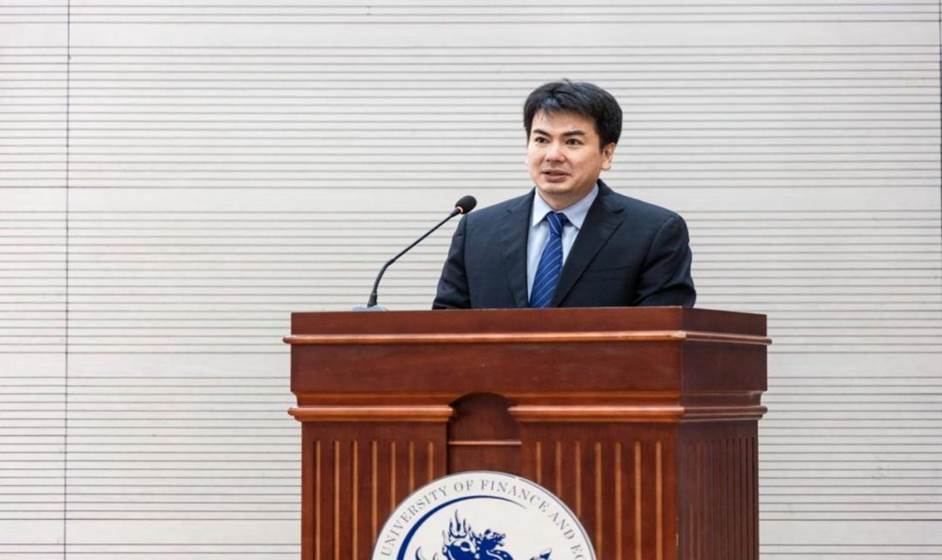
Dean Lin Song delivered a speech
According to the forum agenda, 7 guest speakers delivered keynote presentations and engaged in interactive exchanges with other guests and faculty and students in attendance.
Professor Su Jingqin from the School of Economics and Management at Dalian University of Technology analyzed the mechanisms and paths by which case studies support the development of a Chinese school of management. He pointed out that the Chinese school of management should be rooted in Chinese management practices, based on recognized and systematic theoretical foundations. It should focus on unique Chinese contexts, phenomena, and problems, and conceptualize them to ultimately become a management school with international influence, aggregating multiple clusters. He also analyzed the current issues in building the Chinese school of management, such as the lack of unique concepts, inadequate interpretation of management practices, and excessive formalization. He indicated the future directions for development.
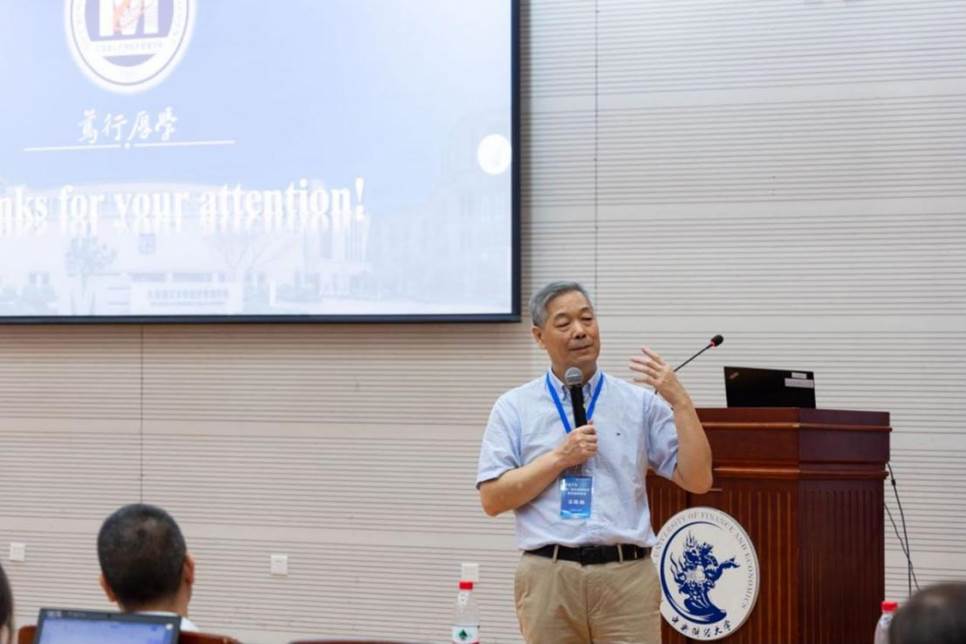
Professor Su Jingqin delivered a keynote speech
Professor Ouyang Taohua from the School of Economics and Management at Beihang University introduced the case study method for building an independent knowledge system in her report. She pointed out that good cases are "walked out with feet," and case studies for building an independent knowledge system should follow the logic of cause and effect, adhere to the principle of being rooted in reality and problem-oriented. They should select cases with economic or social value, that have already occurred and achieved a closed loop, are scarce, and sustainable for research, answering the questions of the times.
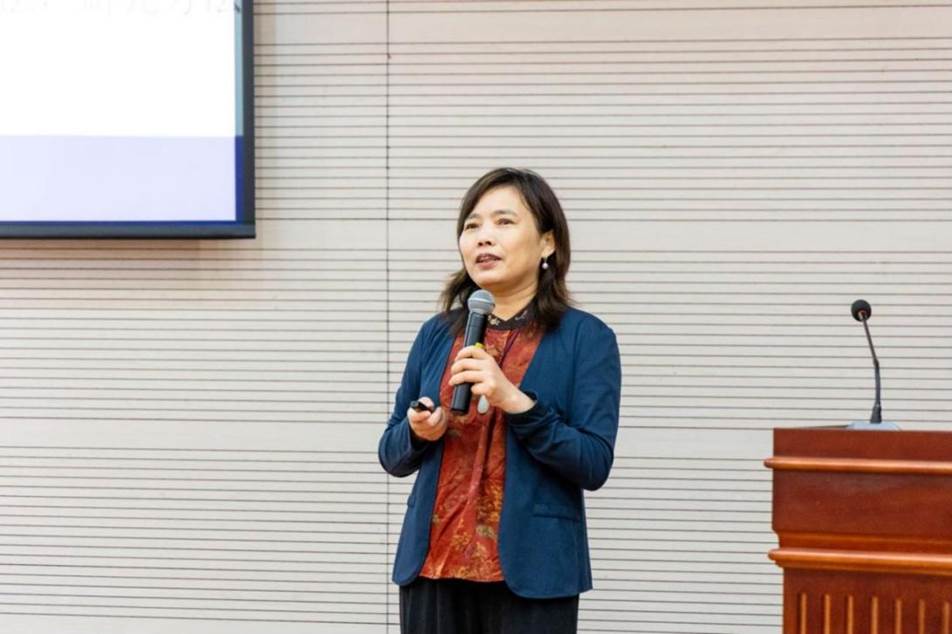
Professor Ouyang Taohua delivered a keynote speech
Professor Zeng Xianju, Director of the Social Sciences Department at Shenzhen University, shared his team's qualitative exploration journey of the concept of corporate strategic resilience based on his own research experiences in his report. He pointed out that qualitative researchers should be "mindful": they should "step in" to understand the management practices of insiders with empathy, and also "step out" to maintain value neutrality and a reflective attitude during the research process, recognizing their own identity as researchers.
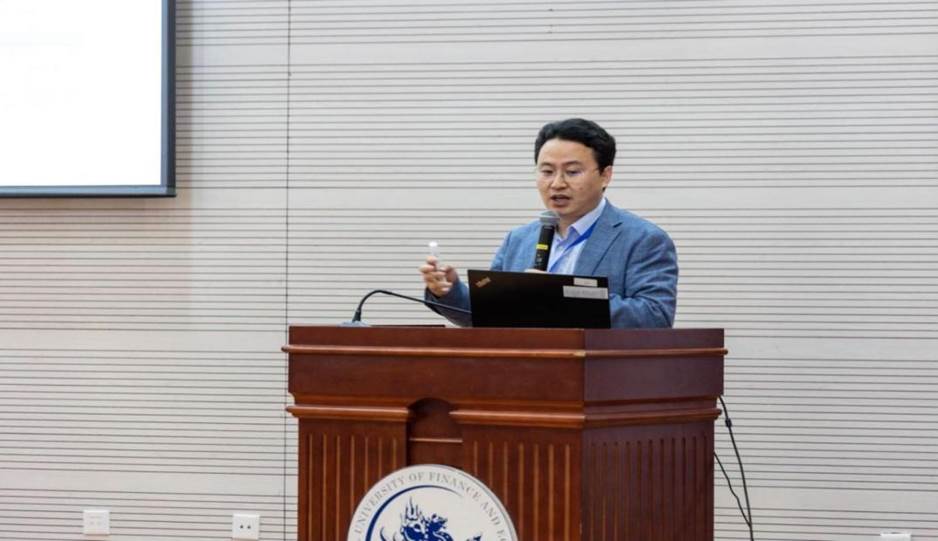
Professor Zeng Xianju delivered a keynote speech
Researcher Peng Changgui from the Economic Research Institute at Shandong University introduced the discourse analysis method and its applications and prospects in management research fields such as institutional theory, organizational studies, leadership, and digital economic management, based on his multiple papers published in the Journal of Management World. He pointed out that good interdisciplinary research should be "1+1=1," meaning it should reach top levels in each discipline and be understandable and acceptable to scholars from various disciplines.
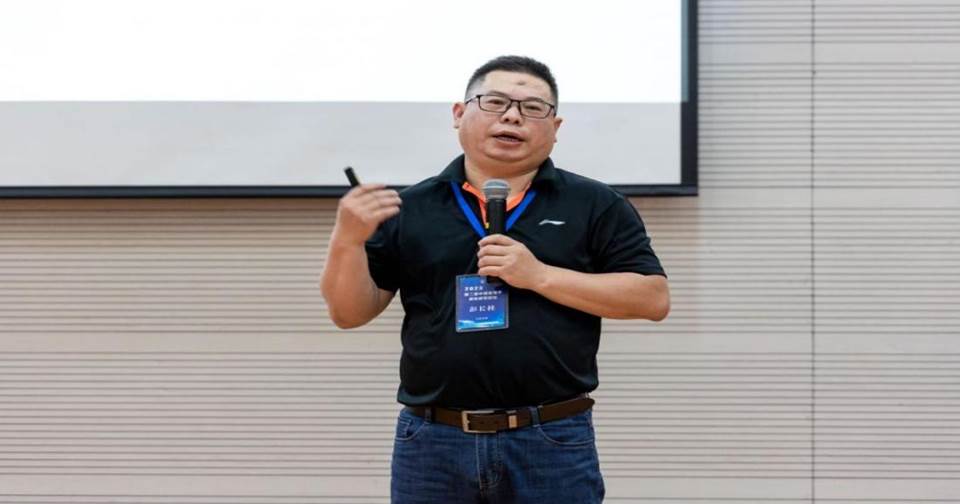
Researcher Peng Changgui delivered a keynote speech
Associate Professor Guo Yidi from the School of Economics and Management at Tsinghua University pointed out in her report that the number of qualitative research publications in both Chinese and English top journals has been increasing year by year, indicating that qualitative research is gaining increasing recognition in the field of management studies. She then reported to the faculty and students on her ongoing working paper, "Limited Attention and Emotional Empowerment in the Context of Major Social Challenges,” and explained the dynamic cyclical logic between literature theory and field data based on her research team's fieldwork experiences.
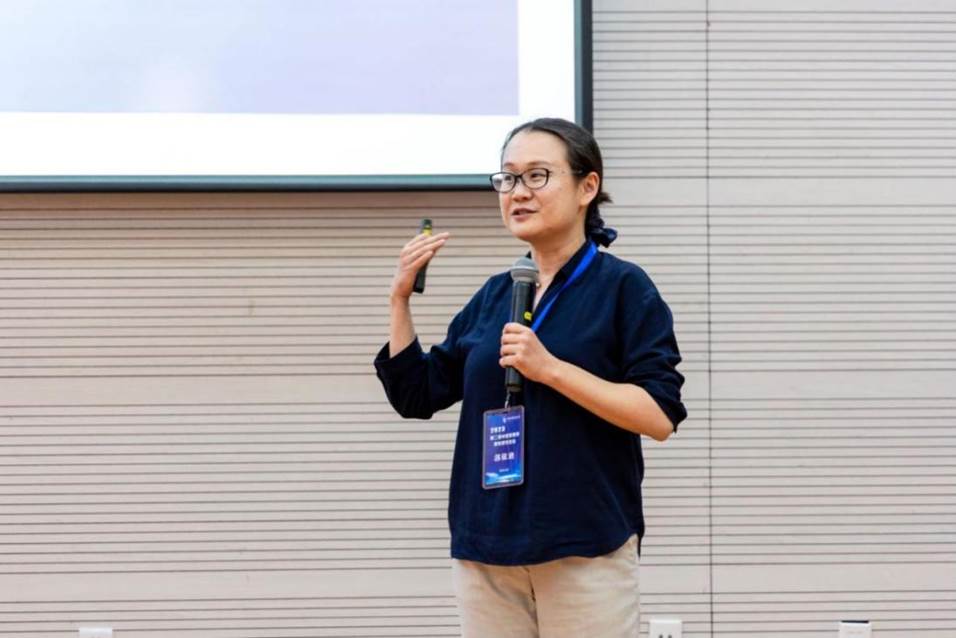
Associate Professor Guo Yidi delivered a keynote speech
Assistant Professor Li Xiaohua from the School of Economics and Management at Northwest University introduced the coding and operationalization process of case studies in her report, addressing the qualitative research data analysis issues of concern to the faculty and students in attendance. Starting from common problems in data analysis such as missing evidence chains, she shared how to use data analysis strategies such as merging, splitting, and deleting to gradually present theoretical constructs from empirical data.
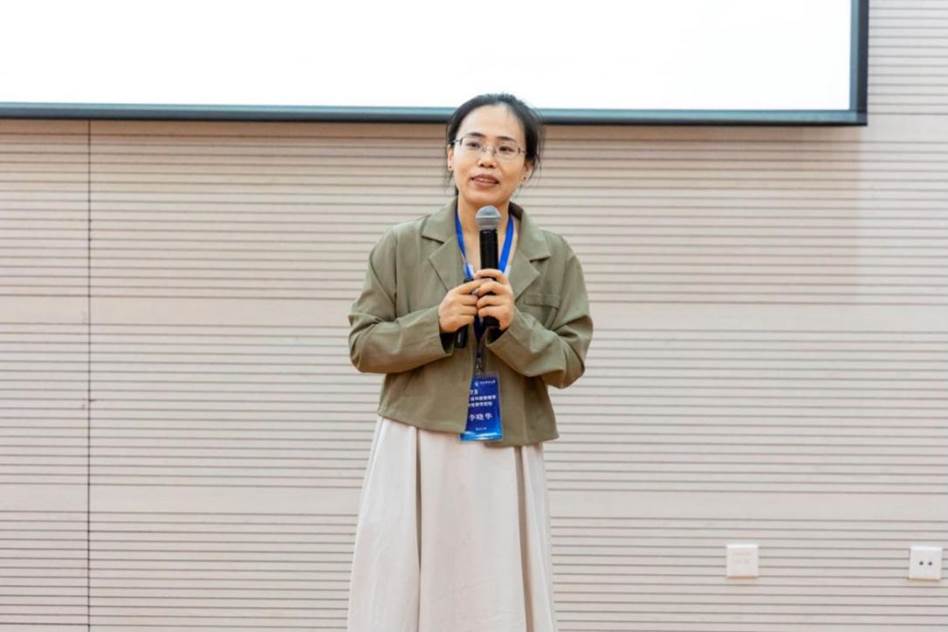
Assistant Professor Li Xiaohua delivered a keynote speech
Assistant Professor Shao Kaiyu from the Business School at China University of Political Science and Law introduced the philosophical foundations of various paradigms in qualitative research, including their ontological, epistemological, and axiological aspects, and also explored the reflexivity of the researchers themselves in his report. She noted that the essence of reflexivity is to maintain an "unsettling" mindset. Qualitative researchers should recognize and acknowledge their "presuppositions" and non-neutrality, and how these shape their academic context and preferences.
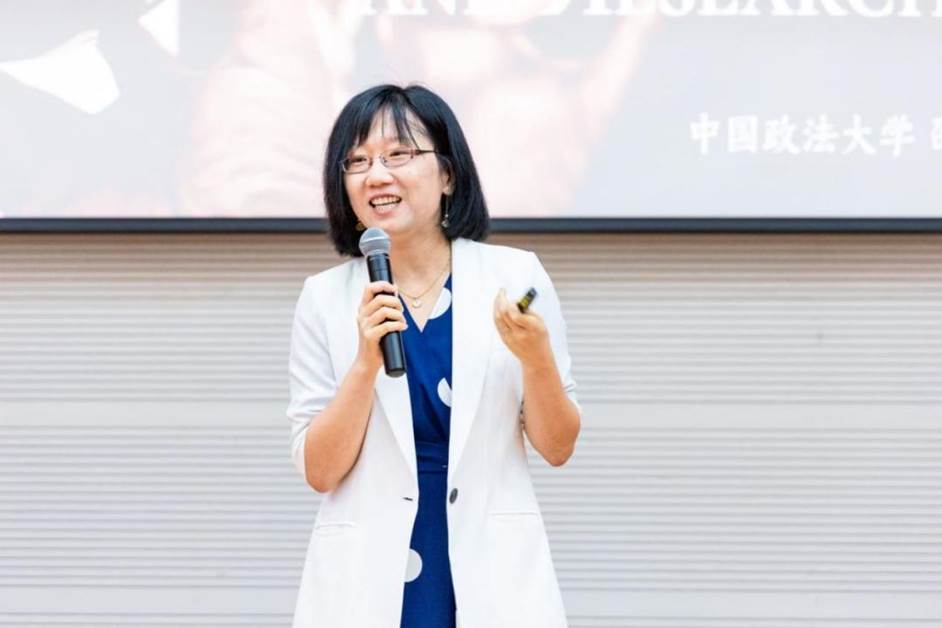
Assistant Professor Shao Kaiyu delivered a keynote speech
At the end of the conference, Associate Professor Liu Shubo, Head of the Strategy Department at the Business School of Central University of Finance and Economics, delivered a summary. He noted that the forum was rich in content and featured in-depth discussions. There were also insightful exchanges and interactions among the scholars in attendance. He expressed the hope that the forum would continue to promote the vision of transforming "management science research" into "business and society research," being grounded in social reality, listening to the voices of the times, and responding to the calls of the times, allowing academic endeavors to grow into a vocation. Finally, Associate Professor Liu Shubo extended his heartfelt thanks once again to the scholars and staff present.
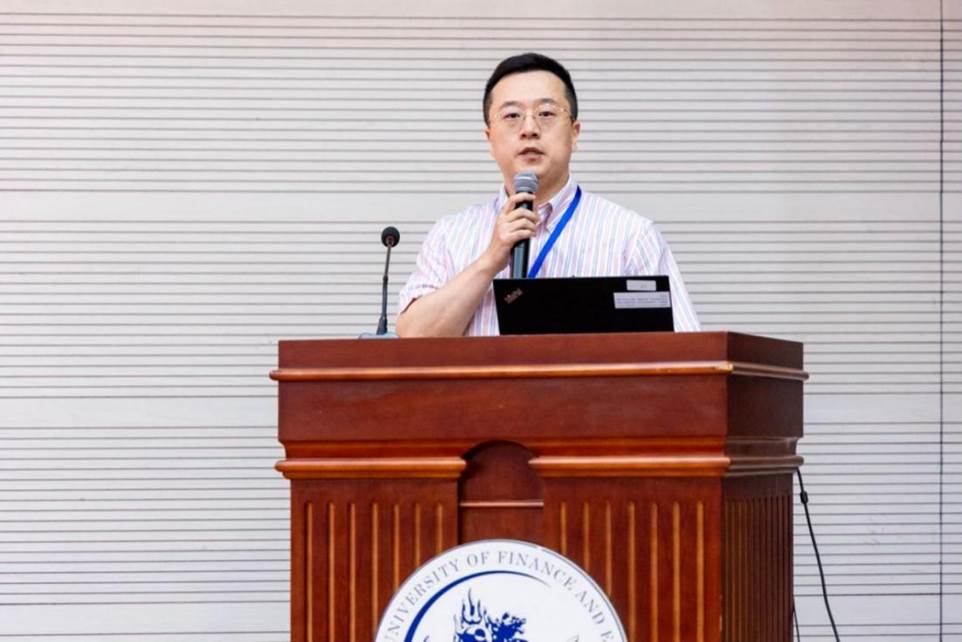
Associate Professor Liu Shubo delivered the conference summary
